
The World’s Conflicts
Nations are at war, or at threat of war, with each other. The Kalever Rebbe explains how to end all conflicts.

“The king of Egypt died, and the children of Israel sighed from the labor, and they cried out, and their cry ascended to God”. (Shemot 2:23)
A Kingdom Without a Crown
Chazal taught (Sotah 49b) that in the ‘Ikvasa D’Meshicha’, the time before Mashiach’s arrival, the world will see an increase in brazenness and chutzpah. Today, we are seeing these words of Chazal coming to fruition.
It is taught (Sanhedrin 105a) that this chutzpah, this insolence, is behaving like a kingdom without a crown. People are emboldened. They do not want to give honor and to subjugate themselves to their country’s leaders for the benefit of their own country. They have a mentality that everyone wants to be the ruler. Therefore, they start conflicts and wars within their own countries and with other nations.
During times like these, we need to strive for what the Mishnah (Pirkei Avot 3:2) teaches us: “Pray for the integrity of the government; for were it not for the fear of its authority, a man would swallow his neighbor alive“.
However, these words shouldn’t be understood only simply at face value. They do not only mean to pray for the well-being of the nation in which we live. Rather, we also must internalize the deeper explanation of R’ Yitzchak Isaac of Kamarno, zt”l, who wrote in ‘Notzer Chesed’, that we must pray for the completion and well-being of Malchut Shemayim, the Heavenly Kingdom, that should be revealed in this world below. As we saw, when times of war started, the tzaddikim started to pray more for the geulah, the ultimate redemption.
France or Russia?
During the war between Napoleon, the Emperor of France, and the Russian Tzar, before R’ Levi Yitzchok of Berditchev zt”l would begin kaddish and lead the Mussaf prayers on Rosh Hashanah, he would say:
“The Emperor of France says he needs to be the ruler of the world. The Tzar of Russia claims that he needs to be the ruler of the world. And I, Levi Yitzchak ben Sarah Sasha says, ‘Yisgadeil V’yiskadesh Shema Rabba! (May His Great Name grow exalted and sanctified)!”
The Holy Songs of Kaalov
My holy grandfather, R’ Yitzchak Isaac of Kaalov, zt”l, would also increase his prayers for the geulah during these years. And he composed many songs expressing his longing for the redemption from the galut (exile) and a yearning to become closer to Hashem, such as “Galus, Galus” and “Sol a Kokosh“. The greatest tzaddikim would sing these songs with intense deveikut (attachment to Hashem) and an outpouring heart.
This kind of songs inspires tremendous mercy in the heavens. R’ Naftali Tzvi from Roshpitz, zt”l, said, “When the holy Kalever Rebbe sings “Galus, Galus” there is tremendous tumult in the upper worlds and the source of mercy is awakened, and all of the angels of mercy would gather to come and greet his Rebbe, R’ Leib Sarah’s in his holy place above, and they would gather and say, ‘Blessed are you for providing us with such a precious soul.'”
Pray for the Final Redemption
The Malbim, zt”l, in Eretz Chemda (Parshas Ki Savo), shares an analogy to describe those who pray only for their own needs and not the final redemption:
A king went to war against his enemy, and he told the soldiers that anyone who conducted themselves bravely on the battlefield could have whatever they asked for.
After their victory, the soldiers returned home. Some of them asked for wealth, fame etc. However, one soldier wanted something far greater than anything else any of the other soldiers asked for: the princess’ hand in marriage. As a son-in-law, his requests of the king would always be answered.
The lesson is clear: by asking for the final redemption, we will subsequently merit all of the other salvations.
At the start of the Communist regime’s rule in Russia, the Boyana Chassidim sent a message to their Rebbe, R’ Menachem Nachum from Boyan-Chernovitz, zt”l, asking that the Rebbe should pray for peace between Russia and Romania, so that they would continue to be able to cross the border freely to come to their Rebbe. The Rebbe answered them: “I need to pray that the Romanians reach a peace agreement with the Russians!? Is it not better than I should daven for the arrival of Mashiach!”
They relate that after the death of Nicholas the Tzar, the Chafetz Chaim, zt”l, said, “The Jews cried and screamed out because of the pain and trouble he caused them. And, now they have been helped and he has been buried. If they would feel the same pain over the destruction of the Beit HaMikdash, and they would scream over the desecration of Hashem’s Name in the galut, they would have done away with the galut!”
Special Prayers During Conflicts
We find this concept in the teachings of Chazal (Bereishit Rabba 42:4) when they taught that if you see the nations of the world provoking one another, anticipate the arrival of Mashiach. R’ Eliezer Papo, zt”l (the author of Peleh Yoeitz) taught that this Chazal is referring to the generation that is living during Ikvasa D’Meshicha, that when you see then nations waging war against one another, you must focus your prayers on revealing Hashem’s Kingdom in this world with the arrival of the redeemer.
The very conflicts between nations arouses redemption. The Rebbe from Ruzin, zt”l, said Mashiach would arrive at a time when the big nations will fight with one another, and everyone will try to dominate and rule the entire world. This will arouse a will in our Father in Heaven to show them Who is the true King of the World, and He will reveal His kingship with the arrival of Mashiach.
During World War I, there were some who wanted to institute prayers for the war to end. However, the Minchas Elozer from Minkatch, zt”l, was opposed to this idea because, the Rebbe explained, that it is precisely when nations are at war with one another that we can impact the revelation of Hashem’s reign over this world. Therefore, it is appropriate to pray for the final redemption and consequently the war will end.
This explains our pasuk:
“The King of Egypt had died” – the ruler of the Egyptian world-power died and the time had come to select a new ruler. There was inevitable conflict and political strife. It was then that, “and the children of Israel sighed from the labor, and they cried out” – they called out to Hashem to rule over them and the entire world, to reveal His sovereignty. And “their cry ascended to God” – Hashem accepted their cries to be closer to Him, and they merited the redemption as a result.
***
The Kalever Rebbe is the seventh Rebbe of the Kaalov Chasidic dynasty, begun by his ancestor who was born to his previously childless parents after receiving a blessing from the Baal Shem Tov zy”a, and later learned under the Maggid of Mezeritch zt”l. The Rebbe has been involved in outreach for more than 30 years, and writes weekly emails on understanding current issues through the Torah. You can sign up at www.kaalov.org.


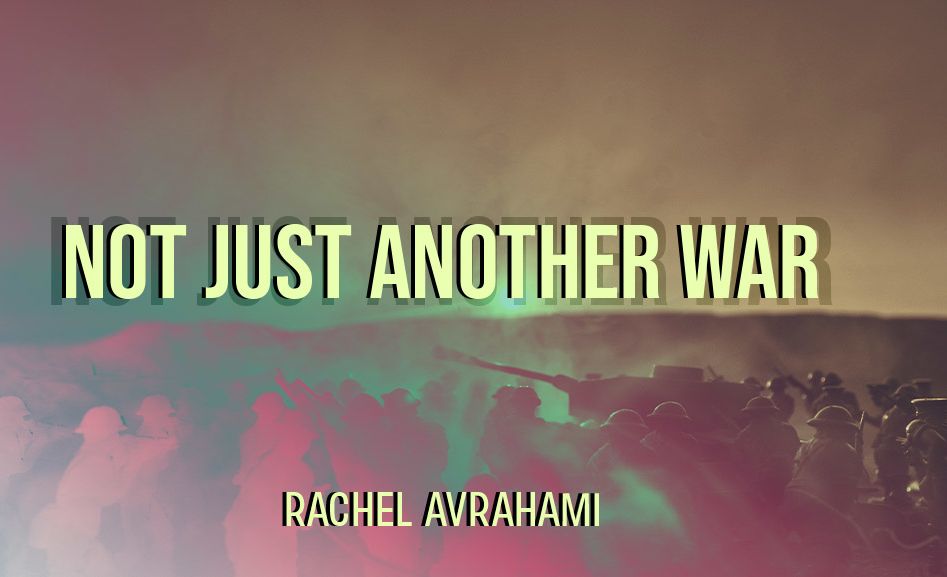
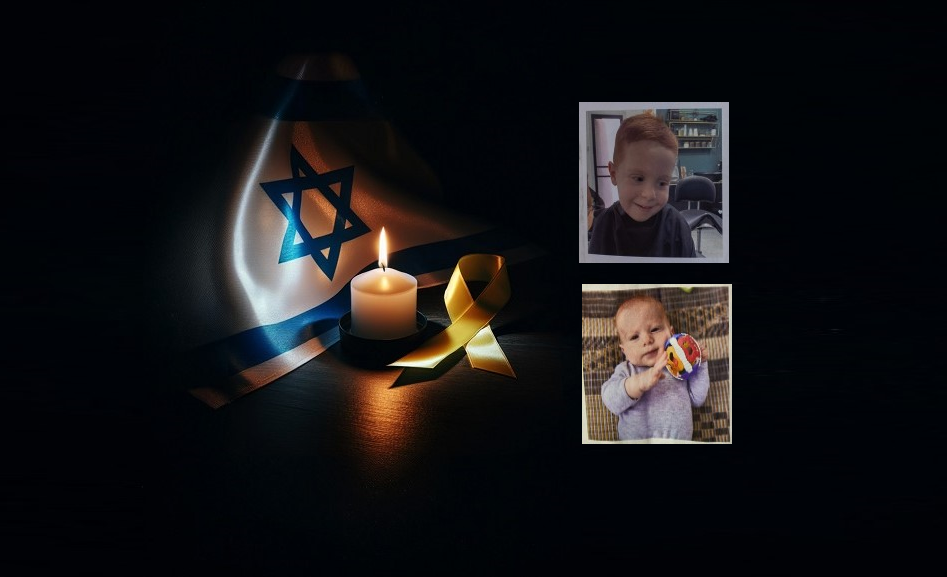

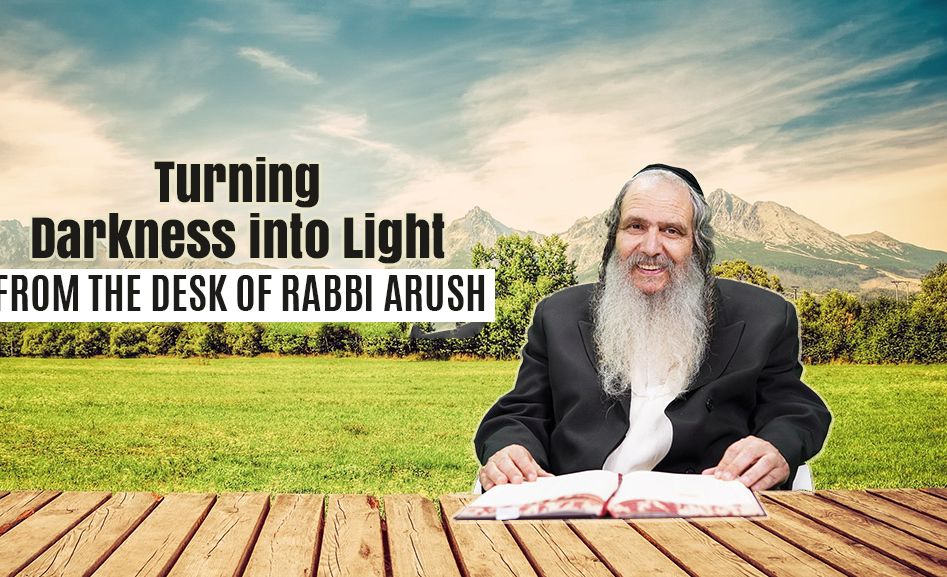
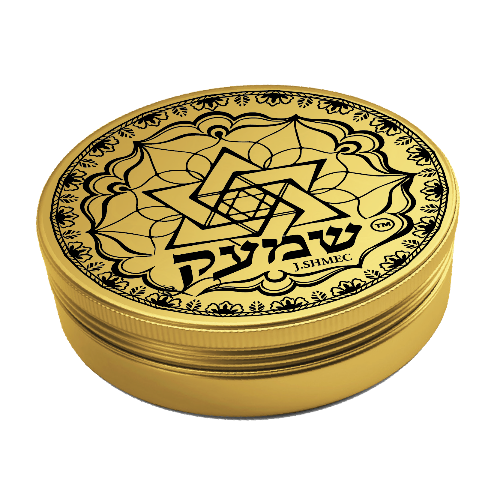


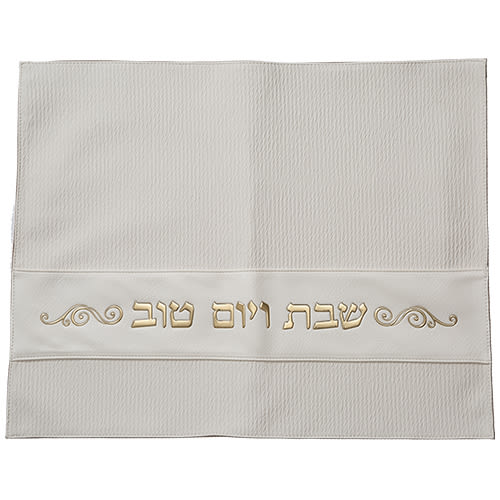
1/29/2023
Buenas noches, soy de Perú, y al leer este articulo comprendo lo que dice que “hay un descaro en mi país y que este descaro , esta insolencia, se está comportando como un reino sin corona. La gente se anima. No quieren honrar y someterse a los líderes de su país en beneficio de su propio país. Tienen una mentalidad de que todo el mundo quiere ser el gobernante, se han rebelado contra la autoridad y han desatado una tremenda violencia provocando muertes….Que El Eterno tenga misericordia de nosotros, perdone nuestros pecados y que el reinado de su Mashiaj sea pronto.